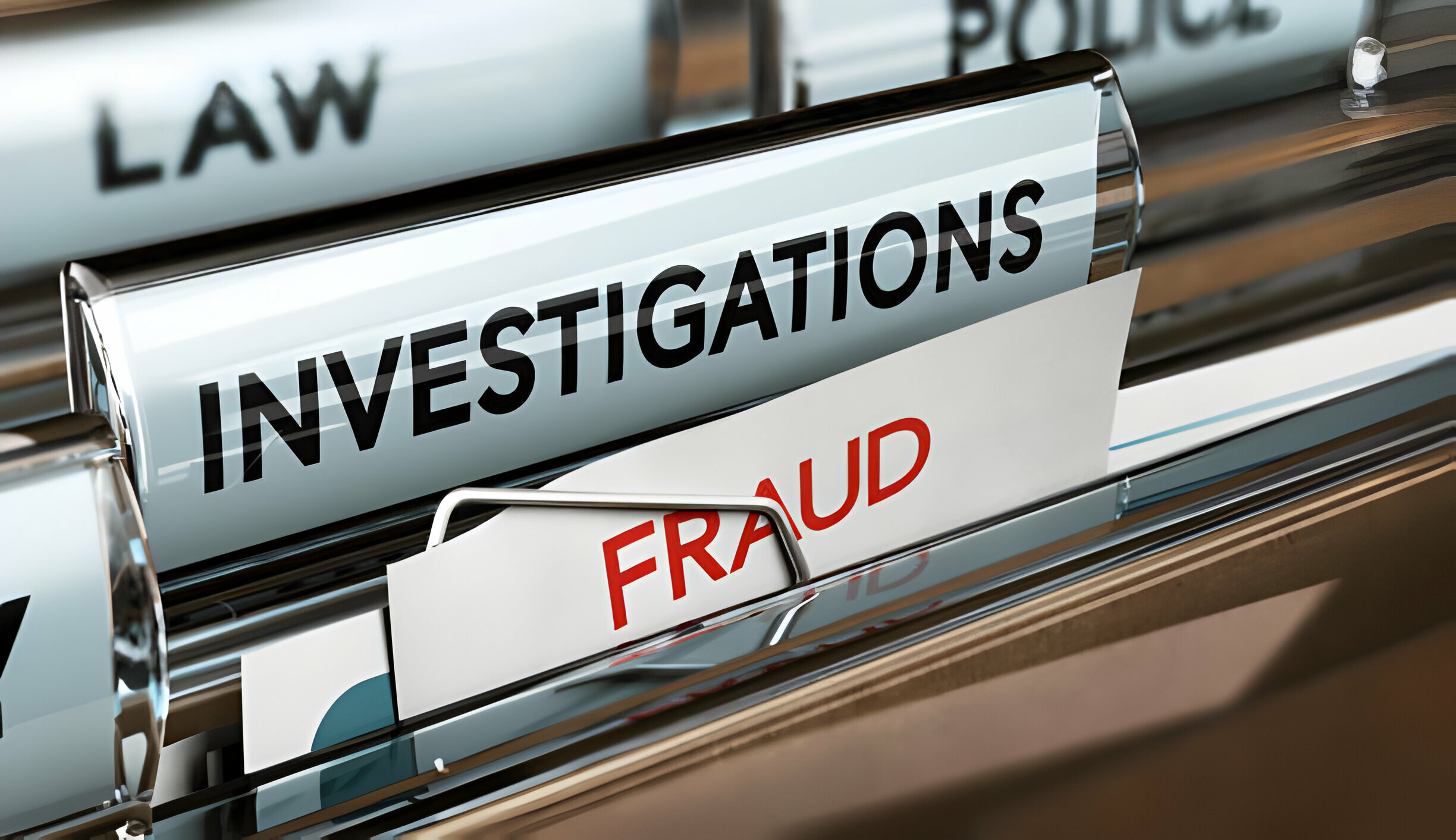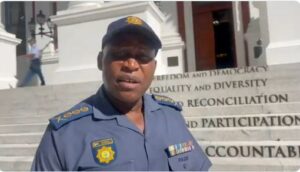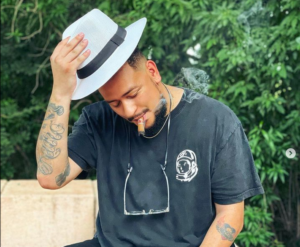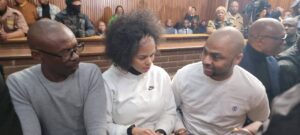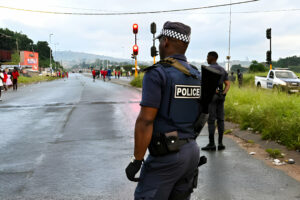President Cyril Ramaphosa has taken decisive action by authorizing the Special Investigating Unit (SIU) to conduct a thorough investigation into corruption allegations within the Passenger Rail Agency of South Africa (PRASA). This focus is notably directed towards scrutinizing transactions involving Swifambo Rail Leasing and Siyangena Technologies.
The official announcement of this directive was made public through a proclamation in the Government Gazette last Friday, followed by a detailed statement from the SIU on Monday.
A Long-awaited Move
The initiation of this investigation marks the culmination of prolonged appeals for intervention by the National Prosecuting Authority and the Hawks, South Africa’s Directorate for Priority Crime Investigation. These calls for action, aimed at addressing corruption tied to the controversial dealings with Swifambo and Siyangena, have persisted for over half a decade.
Specifically, the SIU will delve into potential violations of the Combating of Corrupt Activities Act concerning PRASA’s procurement of locomotives from Swifambo and the agreement with Siyangena for the provision and maintenance of an integrated security access management system across multiple train stations nationwide.
The Swifambo and Siyangena Cases
Swifambo’s engagement in 2012, involving the supply of locomotives valued at R3.5 billion to PRASA, is under scrutiny. Notably, around R80 million was allegedly funneled to the ANC, as revealed during the Judicial Commission of Inquiry into State Capture, chaired by Judge Raymond Zondo, through testimony by ex-PRASA board chairperson Popo Molefe. The locomotives, procured from the Spanish firm Vossloh, were found incompatible with PRASA’s rail network, a discrepancy that led the Johannesburg High Court in 2017 to label the deal as corrupt.
The investigation will also revisit Siyangena Technologies’ dealings with PRASA during Lucky Montana’s tenure as CEO. The company’s contractual scope was expanded to include automated access control at additional train stations under the pretense of readiness for the 2010 FIFA World Cup, a move critiqued in the “Derailed” report by former Public Protector Thuli Madonsela. The contract, worth nearly R2 billion, was extended post-World Cup, with several intended implementations failing to materialize.
Expanding the Scope of Investigation
The SIU’s mandate extends beyond these contracts to encompass allegations of serious maladministration. This includes fraudulent liability claims processed by PRASA’s Group Insurance Department and the employment of non-existent “ghost” employees, as identified in PRASA’s Project Zivese in August 2021.
The Path to Investigation
Kaizer Kganyago, spokesperson for the SIU, shared insights with GroundUp, noting that the unit’s engagement with PRASA issues predates this proclamation. The necessity of a presidential decree to formally proceed underscores the challenges faced in initiating this comprehensive investigation. Despite the groundwork laid in anticipation of this approval, the SIU acknowledges the magnitude of the task ahead, emphasized by the foundational role of the Zondo Commission in unveiling critical information.
Civil Society’s Reaction
The announcement has been met with approval from civil society, particularly #UniteBehind, a group long advocating for accountability within PRASA. Joseph Mayson, a legal officer for the organization, expressed satisfaction with the development, albeit noting its delayed timing. Concerns remain regarding the potential complexities in asset recovery due to this delay, alongside uncertainties surrounding the progress of concurrent investigations by the Hawks.
This directive signifies a pivotal step towards addressing longstanding corruption within PRASA, underlining the government’s commitment to transparency and accountability in public institutions.

